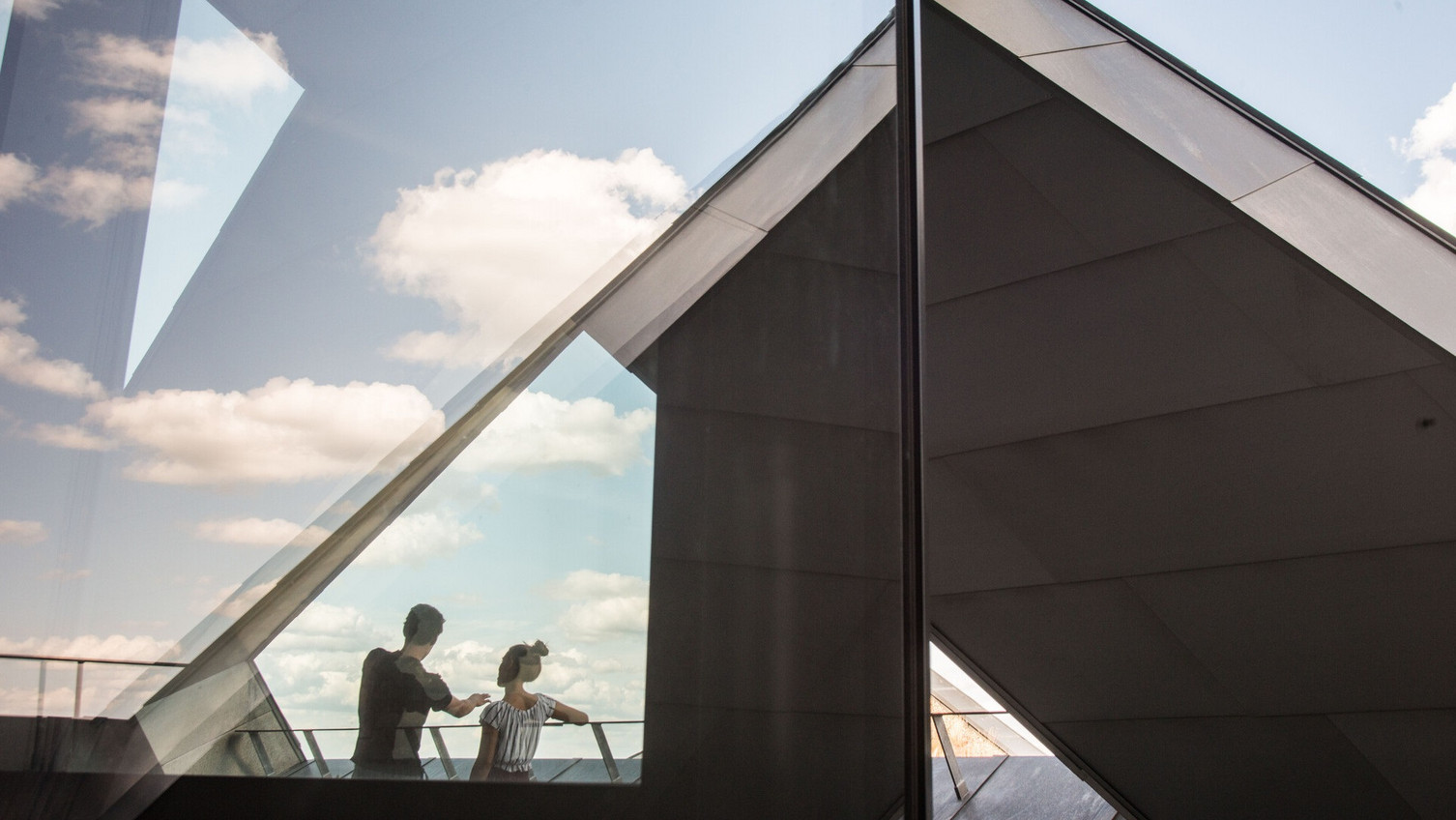The University in Disruption
Launch of the "Digital Transformation Lab for Teaching and Learning (DigiTaL)"
2022-04-11 From "disruptive technologies" to "disruptive innovations" and "disruptive thinking: The concept of disruption is omnipresent in the public discussion about digitization and digitality. Universities, too, are confronted with a multitude of new technologies that - if "novelty and innovation only revolve around themselves" - run the risk of becoming a "large-scale disruption of the university". What are the consequences of the "disruptive condition" we face today for the university and for university teaching? How can universities embrace disruptive developments and programmatically turn them around through reflective transformation? These questions were addressed by Prof. Dr. Erich Hörl in his keynote speech at the launch of the project "Leuphana: Digital Transformation Lab for Teaching and Learning" (DigiTaL) in March 2022.
The university-wide project "Digital Transformation Lab for Teaching and Learning", funded by the Innovation in Higher Education Foundation, pursues the overarching mission of "transforming digital disruption into a transformation of higher education teaching". A total of 15 professors as well as other teachers, students, external experts, all three schools and central institutions are participating in 11 sub-projects in the Digital Transformation Lab, which addresses three strategic focal points: Digital Internationalization, Digital Literacy and Digital Teaching-Learning Innovations.
In his lecture, Erich Hörl discussed the role and responsibility of the university in the "era of disruption," which he suggested as a term for the epoch that has dawned since the end of the 20th century, and argued that it is essential to also understand these issues as a "background and major framing for any design of the so-called "digital transformation of university teaching." Taking up Horkheimer/Adorno's "Dialectic of Enlightenment" (1944), he argued with a view to the present that the "transformation of progress into regression and of reason into unreason" diagnosed there was by no means complete. Rather, it is precisely the unprecedented emergence of disruption with which we are confronted that marks "an unprecedented regression" - at least to the extent that disruptivity lacks the necessary adoption, not to say annulment, in renewed social programmatics and institutions. Hörl therefore argues, with an eye to the present and its deformative, destructive content, for a new enlightenment "that is on par with the disruptive condition."
Universities, too, according to Hörl's critique, have fulfilled their responsibility only "in moderation." In some cases, he says, they have merely acted as actors and drivers of disruption. At stake, he said, was nothing less than the status of universities as "places of social transformation." Hörl therefore formulated an urgent plea for universities to be "places where answers to disruption are found. To this end, it would be necessary, for example, to "invent programs and strategies for how digital technologies do not become technologies of large-scale disruption of the university, [...] but, conversely, how they are to be transformed in organs of engagement with this regressive moment, which today is called 'disruption'."
Digital Transformation Lab for Teaching and Learning
The Digital Transformation Lab sees itself as an interaction space where, in the sense of Hörl's plea, "answers to disruption are to be found". At the heart of the lab are 11 sub-projects with professorial responsibility from the various faculties and schools, in which concrete digital innovations for university teaching are developed, tested, discussed and evaluated. The goal is a systematic, integrative exchange for the professional further development of teaching innovations, the promotion of strategic developments, and the transfer of results beyond the project boundaries.
After a presentation of the 11 sub-projects of DigiTaL for which professors are responsible and which make up the core of the concrete project work, the discussion about disruption and transformation was continued in the panel discussion "The best of both worlds - the contribution of the DigiTaL project to shaping the university teaching of the future" with Prof. Dr. Erich Hörl, Prof. Dr. Hannah Trittin-Ulbrich, Prof. Dr. Poldi Kuhl, Prof. Dr. Henrik von Wehrden, Dr. Julia Webersik and the student representatives Carlotta Ecklöh (AStA) and Zülfikar Ali Simsek (student senator and member of the HFD-AG "DigitalChangeMaker").
More info
A detailed version as well as the recording of the lecture by Prof. Dr. Erich Hörl and excerpts of the panel discussion will be available soon on the project kick-off page.
On the project page you will find more information about DigiTaL and the subprojects.

